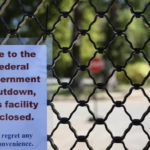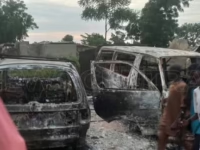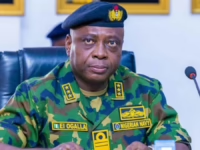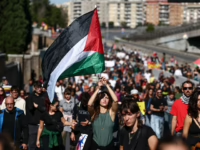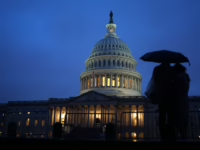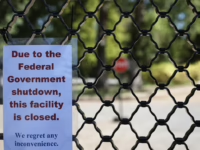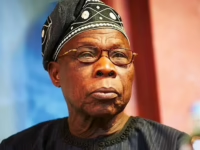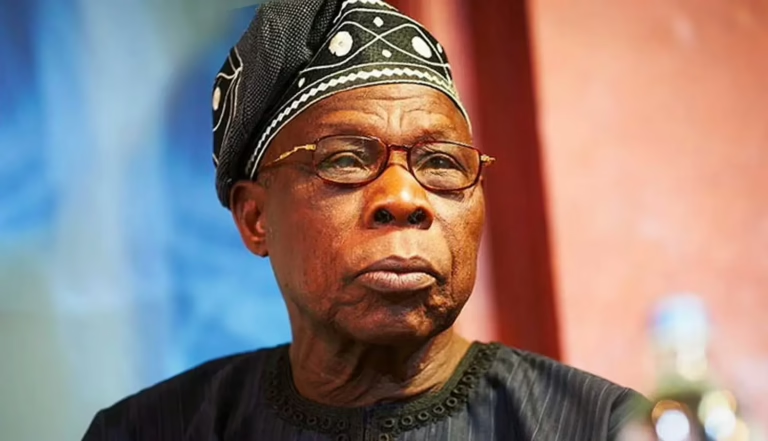On Friday, former President Olusegun Obasanjo issued a stark warning that the Boko Haram insurgency has deeply embedded itself into the fabric of everyday life for Nigerians. He called on the nation to address this persistent threat with renewed scrutiny and unwavering determination.
Obasanjo delivered his remarks in Abuja during the unveiling of the book Scars: Nigeria’s Journey and the Boko Haram Conundrum, penned by retired General Lucky Irabor, the former Chief of Defence Staff.
“Boko Haram seems to have become an almost normalized aspect of our existence. Is this something we should accept? If not, what steps must we take? How well do we understand the insurgents’ perspective? Have we been sufficiently vigilant and proactive?” Obasanjo questioned, emphasizing the urgency for innovative strategies to combat the insurgency.
He praised General Irabor for courageously chronicling his firsthand experiences in the battle against terrorism, highlighting the book as a significant addition to Nigeria’s security narrative.
The event also attracted notable figures including former President Goodluck Jonathan, traditional leaders, military chiefs, religious figures, and both past and current governors.
In his address, Jonathan disclosed that Boko Haram insurgents had once proposed former President Muhammadu Buhari as their preferred mediator during peace negotiations with his administration.
He acknowledged that his government had established various committees and pursued multiple avenues to resolve the crisis, yet the complexity of the conflict far exceeded common perceptions.
Looking back, Jonathan confessed that the 2014 abduction of the Chibok schoolgirls remains an indelible wound on his administration’s legacy.
Originating in Borno State in the early 2000s, Boko Haram transformed into a formidable security menace following the death of its founder, Mohammed Yusuf, in police custody in 2009. This event triggered a surge in violent attacks, including bombings, mass kidnappings, and assaults targeting both military personnel and civilians.


